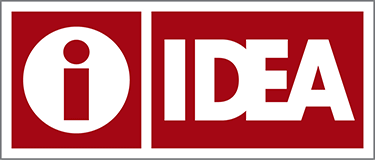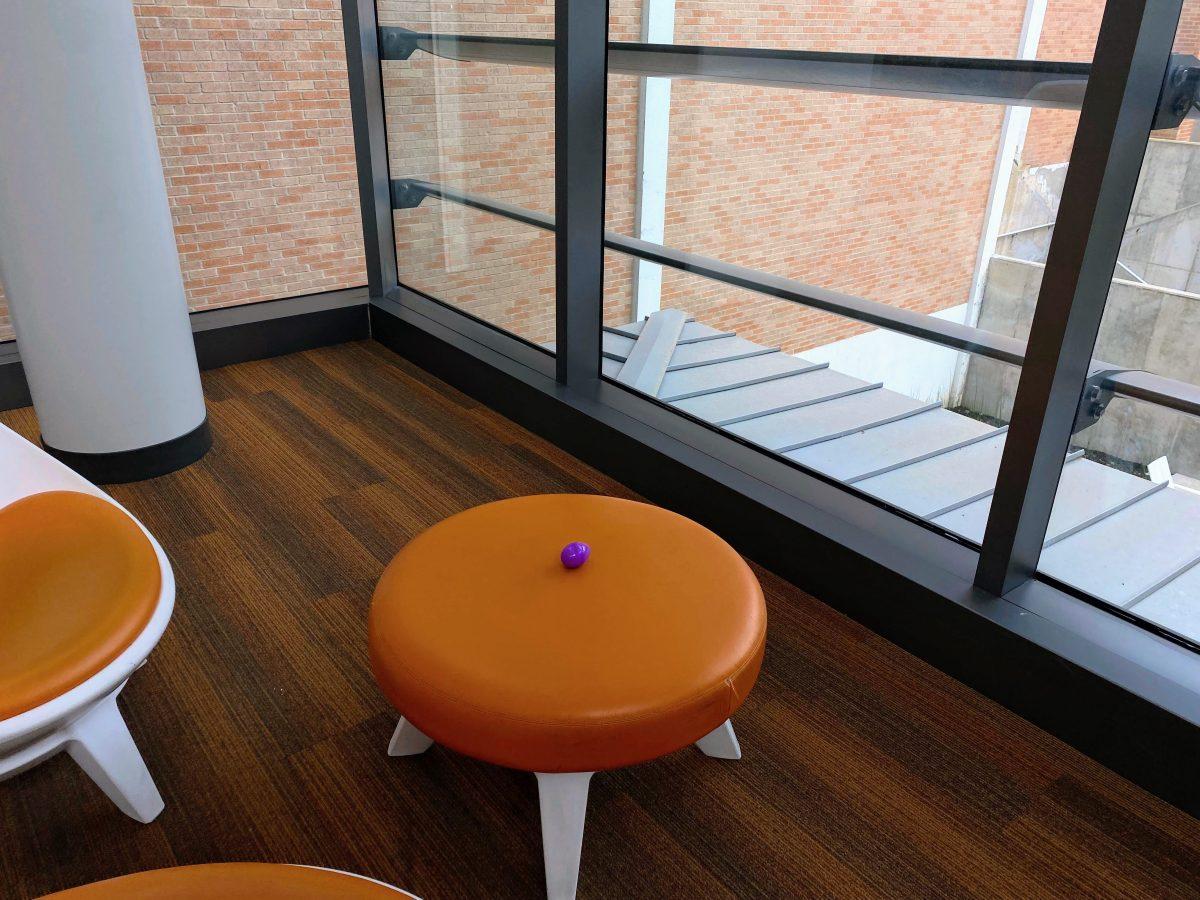
As the end of the semester grows near, finals are approaching faster and faster by the day. Stress is continuing to build as the weeks pass by. Suddenly, there’s a nagging email that keeps appearing in student’s email inbox about not forgetting to fill out course evaluations.
Instead of filling course evaluations out, many students delete the email or ignore it altogether. What students are not aware of is that they are throwing away their right to voice their true sentiments about a course they may have loved or dreaded for the entire semester.
Here’s why course evaluations should be taken seriously.
Course evaluations are formative for a university since their purpose is to advise faculty members on how to enhance and sharpen their skills for the future.
Associate Vice President for Academic Affairs Somer Franklin said that course evaluations are beneficial for both students and faculty members.
“The impact of the course evaluation system on students and faculty are interconnected,” Franklin said. “Course evaluations are critical for improved student learning; thus, both students and faculty benefit from the evaluation process.”
Franklin said that Sam Houston State University uses the IDEA Center’s “Student Ratings of Instruction” instrument to collect feedback from students on their learning within courses and their observations on teaching methods.
“By collecting feedback on student learning and teaching methods, faculty are able to make improvements to courses that ultimately lead to improved student learning,” Franklin said.
Students can have a huge effect on a professor’s teaching style and could potentially help future students enrolled in the course learn more efficiently.
“Course evaluations are one mechanism that students have to provide feedback to the faculty member on their learning within courses and their observations on teaching methods,” Franklin said. “Thoughtful student responses regarding the instructional aspects of the course provide faculty with insights about effectiveness and gives insight into future improvements for the course and programs.”
Faculty should recognize the importance of course evaluations as well.
“Faculty rely on the course evaluations as one mechanism of receiving student feedback on what might need improvement within their courses,” Franklin said. “Faculty use their course evaluation results to determine where their teaching methods were effective and where they might consider making changes to their course for improved student learning.”
Course evaluations usually take no longer than 10 minutes to finish and can help shape the details of a course and professor.













